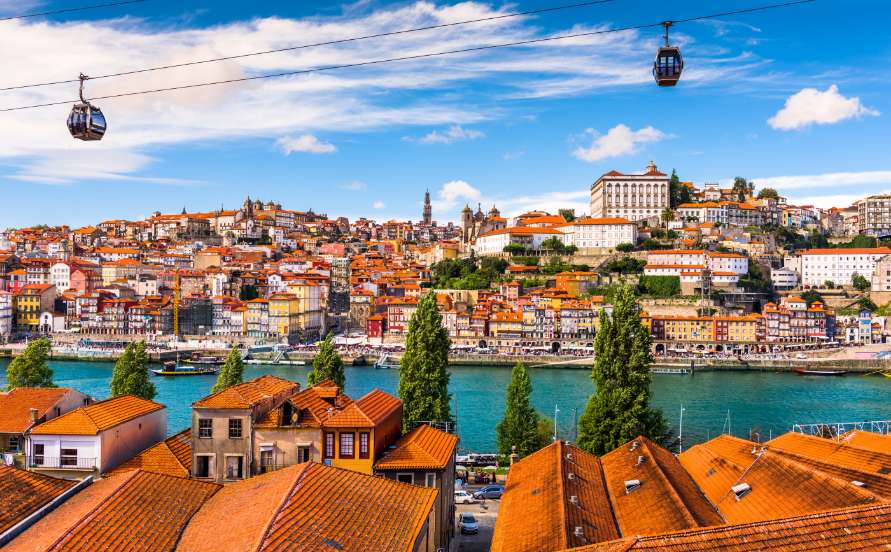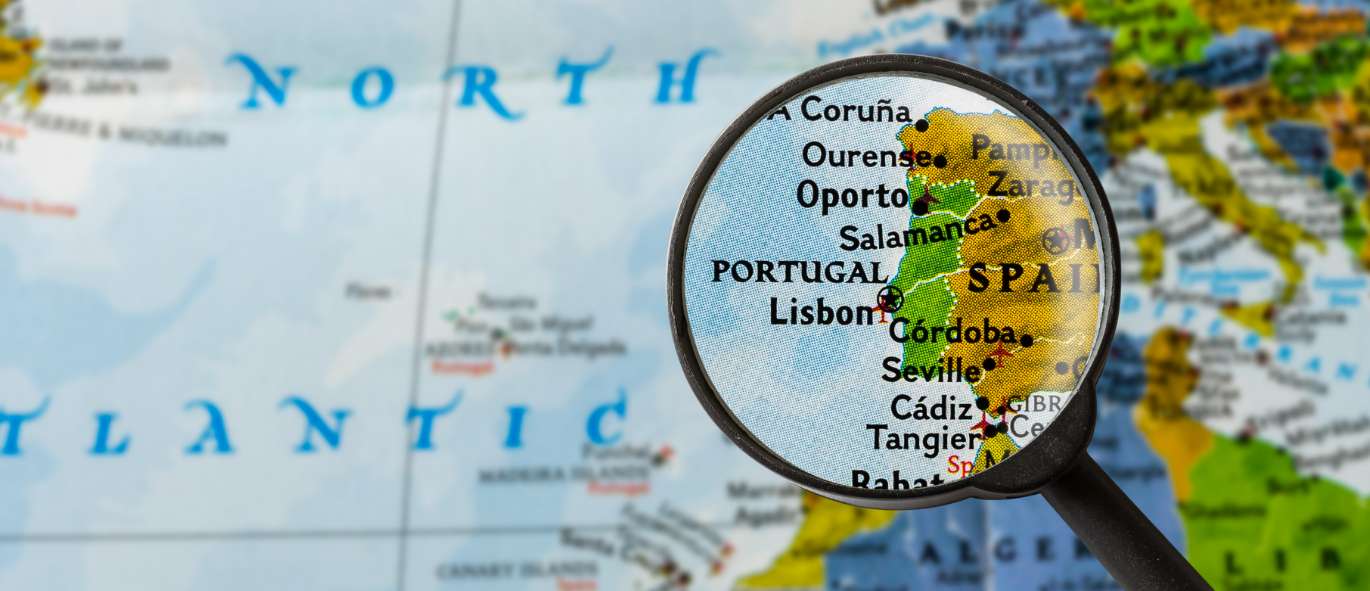Portugal has a growing economy with an annual gross domestic product (GDP) of $256 billion USD.
The service sector accounts for 78.5 percent of Portugal’s GDP, with industry making up 19.4 percent and agriculture 2.1 percent.
Around 69.8 percent of the people who work in Portugal are employed in the service sector, 24.7 percent in industry and 5.5 percent in agriculture.
The major business sectors in Portugal include: textiles, manufacturing, chemicals, information technology, aerospace, tourism, footwear, clothing, wineries, telecommunications, automotive, cement and other building materials, timber, paper, glassware, ceramics, cork, ship construction, and dairy products.
Portugal’s key trading partners are Spain, France, Germany, the United States, Italy, The Netherlands, Brazil, China and Angola.
The average salary in Portugal is about €33,000 ($35,700 USD) per year, however, some people who work in Portugal earn more or less than the average salary.
Average yearly salaries for select jobs in Portugal include:
- Accountant = €33,960 ($36,738 USD)
- Chef = €20,160 ($21,809 USD)
- Construction Manager = €50,280 ($54,393 USD)
- Dentist = €78,000 ($84,380 USD)
- Electrical Engineer €31,680 ($34,271 USD)
- Finance Manager = €84,380 ($91,282 USD)
- Hotel Manager = €58,800 ($63,610 USD)
- Marketing Manager = €58,680 ($63,480 USD)
- Nurse = €31,920 ($34,531 USD)
- Physical Therapist = €54,480 ($58,936 USD)
- Physician = €77,640 ($83,991 USD)
- Restaurant Manager = €40,320 ($43,618 USD)
- Software Developer = €43,618 ($33,737 USD)
- University Lecturer = €46,320 ($50,087 USD)
Please note that these are the average annual salaries for select jobs in Portugal and some workers earn more or less than the average salary, depending on their specific occupation, education, level of employment (entry level, mid-level, senior-level), years of experience, location of employment, or other factors.
NOTE: The EUR/USD exchange rate was as of February 5, 2023.


